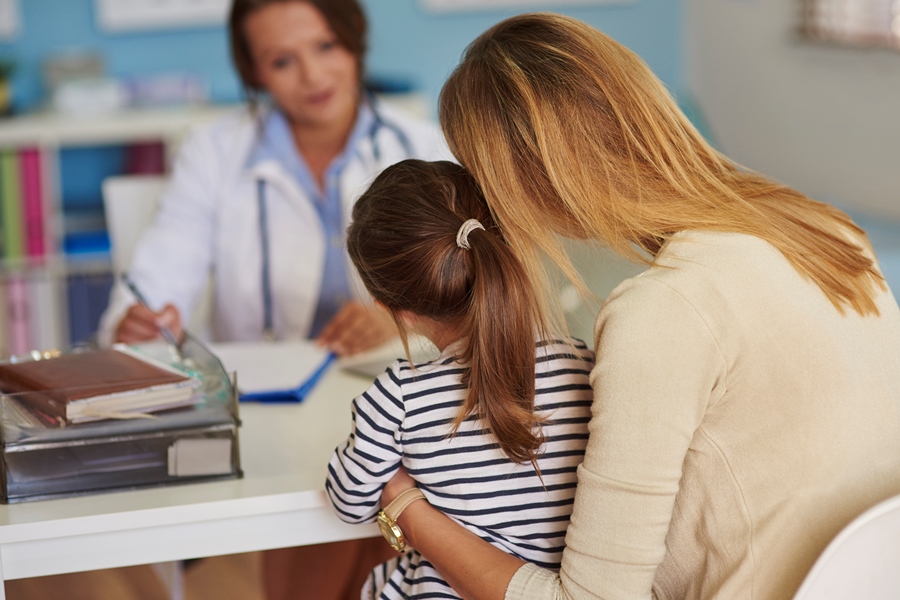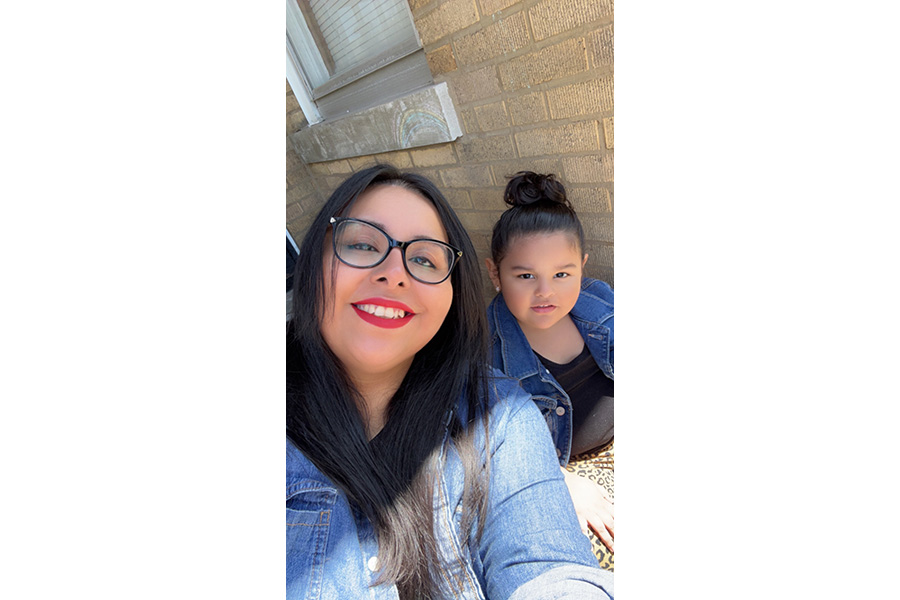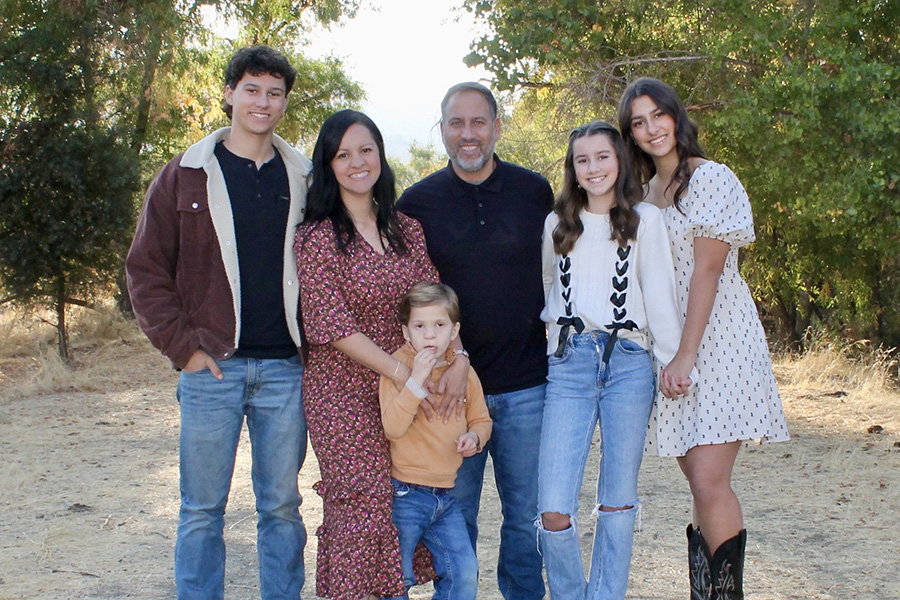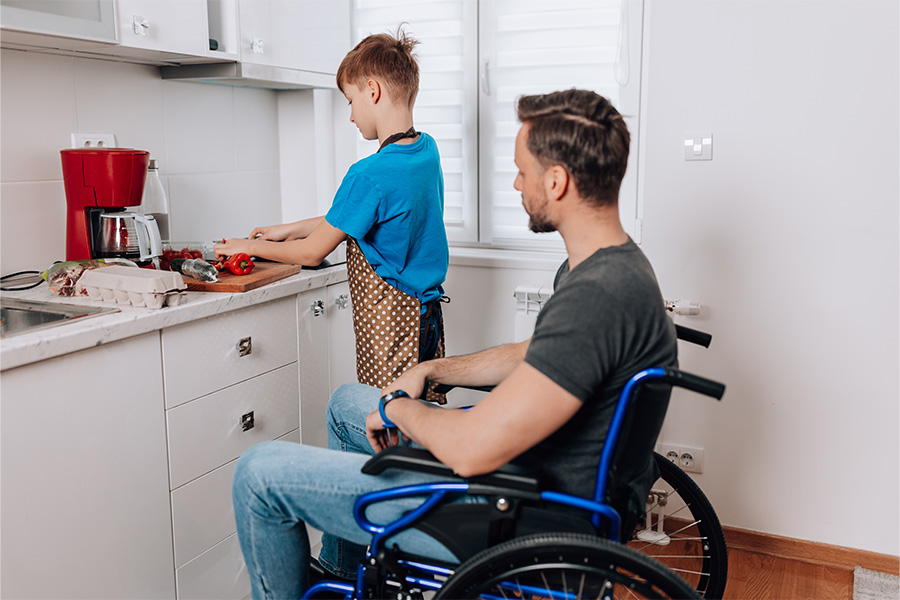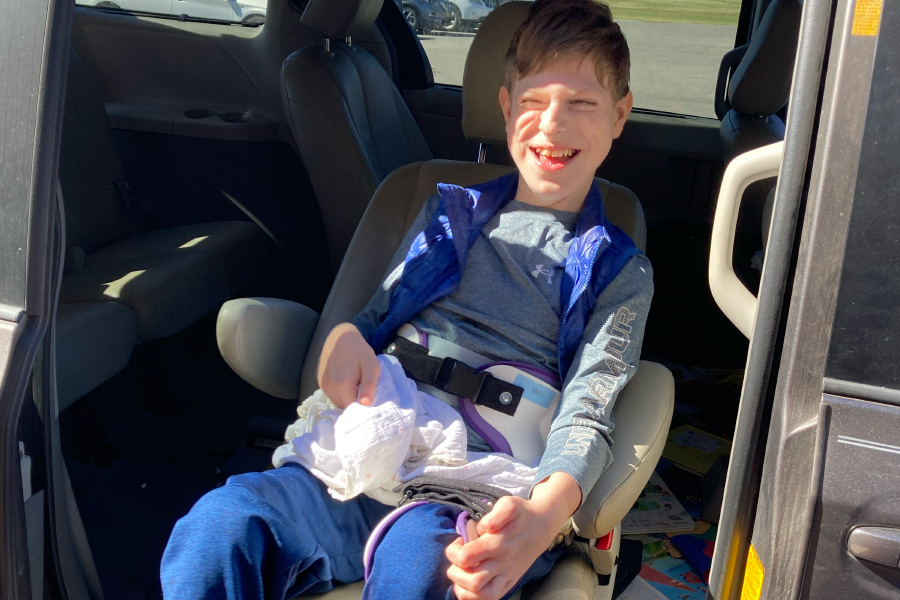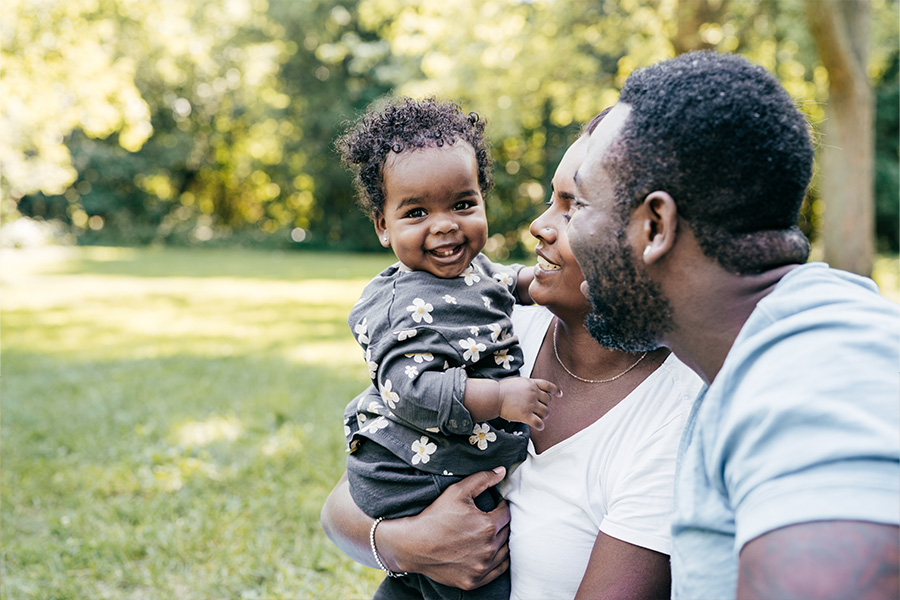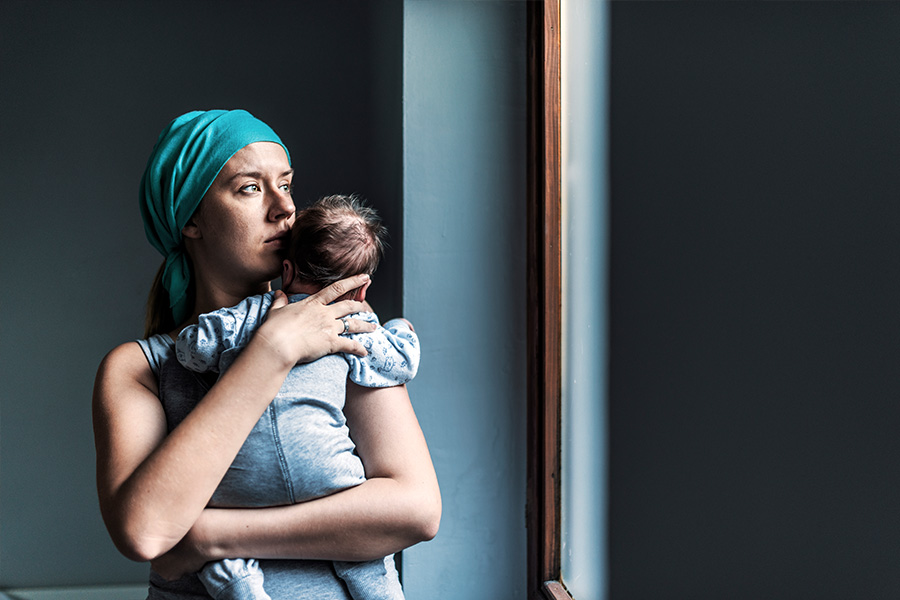From someone who has been on this road for awhile; first, I would like to give you a virtual hug. I suspect that you’re reeling, trying to wrap your mind around this information about your child and your life. I only wish we could sit down to coffee and talk face to face. Since I can’t do that, there are a few things I want to tell you, things I wish I would have known those many years ago when I took my first tentative steps on this path.
Look for the helpers. It’s a phrase Mr Rogers used to help children cope with circumstances beyond their control. In your new role as a special needs parents, you will find comfort in focusing on the helpers, and remember that sometimes they come in disguise. When my first son was diagnosed with Down syndrome, the usual helpers showed up; his pediatrician, the hospital social worker and some NICU nurses, but when my college aged niece showed unbridled joy and acceptance of her new cousin, leading the way for our family to welcome him just as he is, I realized that the helpers come in all shapes and sizes.
Knowledge is power. Whether you choose books, social media groups, real life support groups or any combination of the above, as soon as you’re ready, learn what you can about your child’s diagnosis. Understanding the new challenges in your child’s life and your own will equip you to be the best parent you can be.
Accept help. This one is hard for me, I am terribly independent, but truth be told, I couldn’t have made it without allowing people who love my family to step in and support our family in tangible ways. Often people give generic offers of help, which puts you in a position of telling them what to do. If you aren’t comfortable telling them how to help you, tell them to be creative! Or just share this list. It is specific to hospitalizations, but it can be a handy resource to give to those who want to help in any circumstance but don’t know how.
However you feel is okay! There is no one way to accept the news that your child has a disability, in fact you may experience a myriad of feelings. It can be hard to work through the emotions, or you might be able to accept the news with little difficulty. It might be beneficial to find a close friend who can listen without judgement or seek counseling if your feelings are strong, but whatever the case, guilt is not helpful, so don’t judge yourself for what you’re feeling. It will take time for your feelings to resolve, and that is perfectly normal. And remember your child is your child first, and the disability is just one aspect of them as a person.
Lastly, welcome to the community. I hope that you find as many spectacular people along the way as I have. I’m not sure how or why, but parents of kids with disabilities have a certain something, an intangible quality, that makes them some of the best people I know. I’m honored to be a member of this extraordinary community, and I think that in time, you will be too.
More for the Parent Who Just Found Out Your Child Has a Disability:
- 6 Ways to Cope with a Difficult Diagnosis for Your Child
- The Spoon Theory for Parents of Children with Special Needs
- Help for PTSD in Parents of Children with Special Needs
- A Delicate Balance: Parenting Children with Different Abilities
- Recorded Webinar: Managing Stress as the Parent of a Child with Special Needs Video






